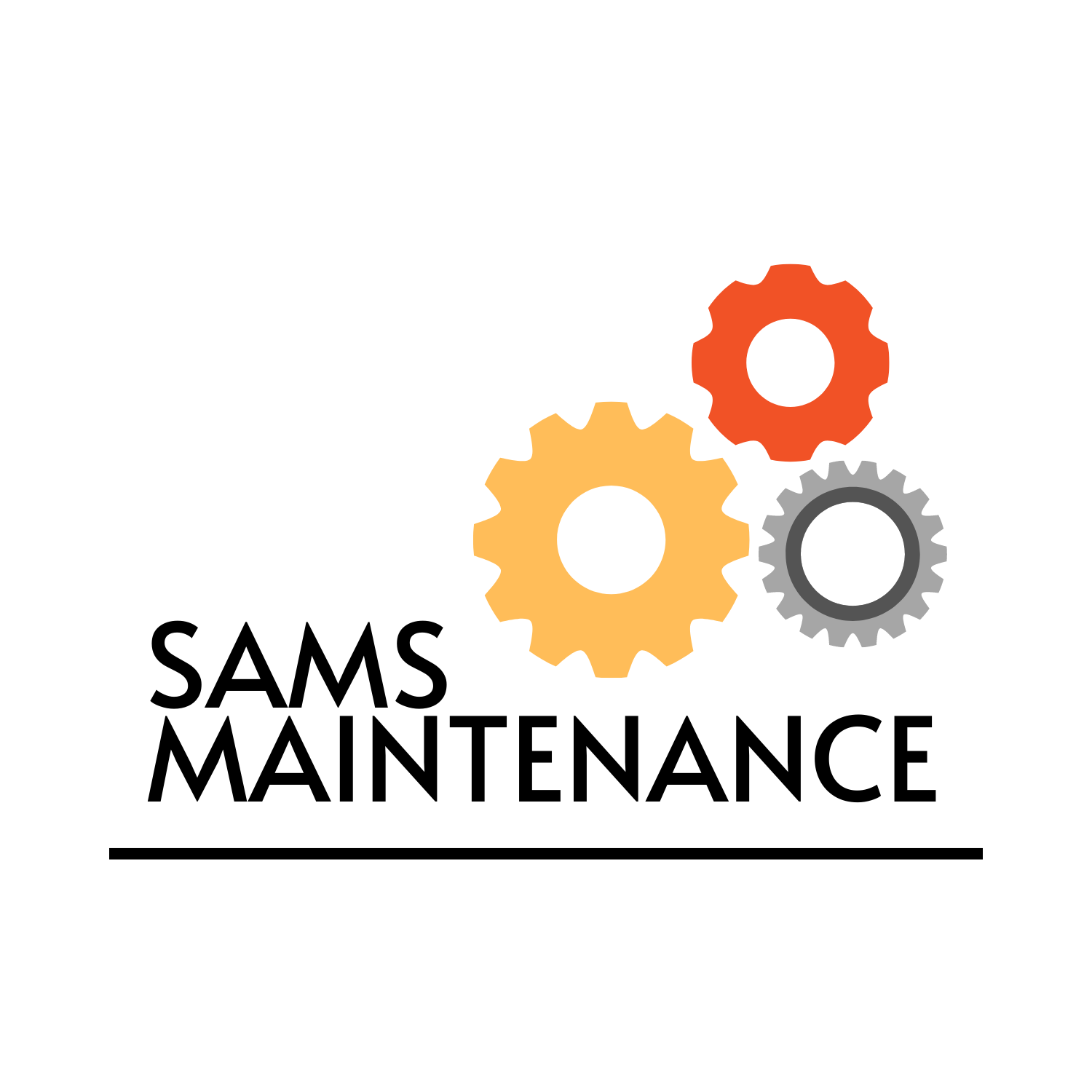Staying on top of household maintenance is crucial for ensuring the longevity and comfort of your home. By understanding what household maintenance entails, its importance, and creating a comprehensive plan, homeowners can prevent costly repairs, save time, and enjoy a healthier living space. From routine cleaning and organization to tackling seasonal tasks like gutter cleaning and roof inspections, effective household maintenance requires a thoughtful approach. In this guide, we’ll explore the ins and outs of household maintenance, providing valuable insights and practical advice to help you maintain a well-maintained home.
This comprehensive guide covers everything from the basics of household maintenance to advanced strategies for optimizing your home’s upkeep. We’ll delve into topics such as the 5 basic functions of maintenance, creating a home maintenance schedule, budgeting for home maintenance, and utilizing the latest home maintenance tools and resources. Whether you’re a seasoned homeowner or just starting out, our expert advice will empower you to take control of your home’s maintenance and enjoy a safer, healthier, and more comfortable living environment.

Definition of Household Maintenance
Home maintenance refers to the ongoing process of keeping properties and equipment in good condition through regular inspections, repairs, and replacements. This includes tasks such as cleaning, decorating, and performing routine checks to prevent damage and extend the lifespan of appliances, furniture, and other assets.
Importance of Household Maintenance
Regular household maintenance is crucial for maintaining the health, safety, and comfort of occupants. It helps prevent costly repairs, reduces energy consumption, and ensures that properties remain in good condition. Effective household maintenance also boosts property values and can lead to significant savings on utility bills.
Types of Household Maintenance
Household maintenance encompasses a wide range of activities, including:
- Appliance maintenance: Regular cleaning, descaling, and replacing worn-out parts to ensure optimal performance.
- Plumbing maintenance: Fixing leaks, unclogging drains, and inspecting water heaters to prevent damage.
- Electrical maintenance: Checking circuit breakers, replacing fuses, and ensuring that electrical systems are safe and functional.
- Heating and cooling maintenance: Scheduling regular tune-ups and maintenance for heating and cooling systems to optimize efficiency and performance.
Benefits of Professional Household Maintenance
Engaging professional household maintenance services can offer numerous benefits, including:
- Expertise: Professionals have the knowledge and skills to identify and fix complex issues efficiently.
- Time-saving: Let professionals handle maintenance tasks, freeing up time for more important activities.
- Cost-effective: Regular maintenance can prevent costly repairs and reduce energy consumption.
- Increased property value: Well-maintained properties tend to appreciate in value over time.
DIY Household Maintenance Tips
For those who prefer to tackle maintenance tasks themselves, here are some DIY tips:
- Keep a maintenance log to track tasks and schedule regular check-ups.
- Invest in a toolkit with essential tools and supplies.
- Follow manufacturer instructions for appliance maintenance and repair.
- Stay informed about local building codes and regulations.
Conclusion
Effective household maintenance requires attention to detail, regular inspections, and prompt repairs. By understanding the importance of household maintenance, identifying types of maintenance tasks, and leveraging professional expertise or DIY tips, individuals can keep their properties in good condition, save money, and enjoy a healthier, safer living environment.
Maintenance Needed for a House
Cleaning out gutters each spring and fall is crucial for maintaining a house, as it prevents water damage and ensures proper drainage. I recommend checking your local weather forecast to determine the optimal time for gutter cleaning. You can find more information on gutter cleaning techniques and tools on my website Gutter Cleaning Guide.
Inspecting and replacing air filters monthly is essential for maintaining a well-functioning heating, ventilation, and air conditioning (HVAC) system. I suggest consulting the manufacturer’s instructions for specific filter replacement guidelines. For more information on HVAC maintenance, visit our HVAC Maintenance Page.
Regularly checking for leaks and damaged pipes is vital to prevent costly repairs and water damage. I recommend hiring a professional plumber to inspect your pipes annually. You can learn more about pipe inspection and repair techniques on our Plumber Services Page.
Additionally, it’s recommended to clean out clogs in plumbing regularly to prevent backups and overflows. I suggest using a drain snake or plumber’s auger to remove blockages. For more information on plumbing maintenance, visit our Plumbing Tips Page.
What is Home Maintenance?
As a homeowner, understanding the importance of home maintenance is crucial for preserving the integrity and longevity of your property.
- Regular home maintenance involves a series of tasks aimed at preventing costly repairs and ensuring a safe living environment.
- These tasks can be categorized into several areas, including:
- Exterior maintenance, which includes tasks such as roof inspections, gutter cleaning, and power washing;
- Interior maintenance, which encompasses activities like cleaning, painting, and replacing worn-out fixtures;
- Appliance maintenance, focusing on regular checks and replacements of essential household appliances;
- Seasonal maintenance, covering tasks necessary for each season, such as winterizing pipes and preparing HVAC systems for summer.
By staying on top of these tasks, homeowners can identify potential issues before they become major problems, reducing stress and saving money in the long run.
Why is Home Maintenance Important?
Home maintenance plays a vital role in maintaining the overall health and safety of your property.
- Regular maintenance helps prevent costly repairs and reduces the risk of accidents caused by faulty electrical systems, leaky faucets, or poorly maintained roofs.
- It also enhances the aesthetic appeal of your home, making it more attractive to potential buyers if you decide to sell.
- Furthermore, a well-maintained home can increase its resale value, making it easier to recoup investment costs when selling.
How Often Should I Perform Home Maintenance Tasks?
The frequency of home maintenance tasks depends on various factors, including the age and condition of your property, climate, and usage patterns.
- For example, if you live in an area prone to extreme weather conditions, you may need to perform exterior maintenance tasks more frequently.
- A general rule of thumb is to schedule annual inspections for major systems, such as plumbing, electrical, and HVAC.
- Additionally, consider performing seasonal tasks, like winterizing pipes or preparing your HVAC system for summer, to ensure optimal performance.
Additional Tips for Effective Home Maintenance
To get the most out of your home maintenance efforts, keep the following tips in mind:
- Stay organized and keep track of scheduled maintenance tasks using a calendar or planner.
- Invest in high-quality tools and equipment to make tasks easier and more efficient.
- Don’t hesitate to seek professional help if you’re unsure about how to perform a task or if it requires specialized expertise.

Maintenance Tasks
- Routine DIY Repairs
- Seasonal Upkeep
- Preventative Maintenance
- Yard Care Services
- Hire a Yard Care Professional
We recommend scheduling regular maintenance tasks to keep your home in excellent condition.
Why Regular Maintenance Matters
Regular maintenance helps prevent costly repairs, reduces energy consumption, and ensures your home remains safe and secure.
Examples of Maintenance Tasks
- Check and replace air filters monthly
- Inspect roof gutters twice a year
- Perform a deep clean of carpets and upholstery annually
- Replace smoke detector batteries every six months
Additional Tips
Consider hiring a professional for complex tasks, such as HVAC system maintenance or plumbing repairs.
Keep track of maintenance schedules and deadlines to stay organized and on top of your home’s needs.
The 5 Basic Functions of Maintenance
- Preventive Maintenance: This type of maintenance involves regular checks and tasks to prevent equipment failures and reduce downtime.
- Corrective Maintenance: Corrective maintenance focuses on repairing equipment after a failure has occurred, minimizing downtime and reducing costs.
- Predictive Maintenance: Predictive maintenance uses data and analytics to identify potential equipment issues before they occur, allowing for proactive maintenance and reduced downtime.
- Condition-Based Maintenance: Condition-based maintenance involves monitoring equipment conditions to determine when maintenance is required, optimizing maintenance schedules and reducing unnecessary work.
- Determined Maintenance: Determined maintenance is a planned maintenance schedule based on equipment usage patterns, ensuring that equipment receives regular maintenance to extend its lifespan.

General Maintenance Job Description
As a homeowner or DIY enthusiast, understanding the importance of regular maintenance can save you money and prevent costly repairs.
- According to the Bureau of Labor Statistics, General Maintenance and Repair Workers perform routine maintenance tasks to keep buildings and equipment in good working order.
- These tasks may include fixing or painting roofs, windows, doors, floors, woodwork, walls, and other parts of buildings.
- Maintaining and repairing specialized equipment and machinery in cafeterias, laundries, hospitals, stores, offices, and factories is also part of their responsibilities.
Key Responsibilities
Some common responsibilities of General Maintenance and Repair Workers include:
- Performing routine inspections to identify potential problems before they become major issues.
- Conducting repairs and replacements as needed to maintain equipment and machinery.
- Installing new equipment and systems, such as HVAC systems or plumbing fixtures.
- Assisting with construction projects, such as building renovations or expansions.
Skills and Qualifications
To succeed as a General Maintenance and Repair Worker, you’ll need:
- Basic knowledge of tools and equipment, as well as electrical and mechanical principles.
- Ability to read blueprints and diagrams, and understand technical specifications.
- Physical stamina to work at heights, lift heavy objects, and spend long periods on your feet.
- Good communication skills to interact with customers, colleagues, and supervisors.
Career Outlook and Salary
The demand for General Maintenance and Repair Workers is expected to grow in the coming years, driven by the need for ongoing maintenance and upgrades in industries such as healthcare, education, and manufacturing.
The median annual salary for General Maintenance and Repair Workers varies depending on location, employer, and level of experience, but ranges from $40,000 to over $80,000 per year.
Related Careers
If you’re interested in pursuing a career in maintenance and repair, consider exploring these related fields:
- Electrician
- Plumber
- HVAC Technician
- Construction Supervisor

0 Comments